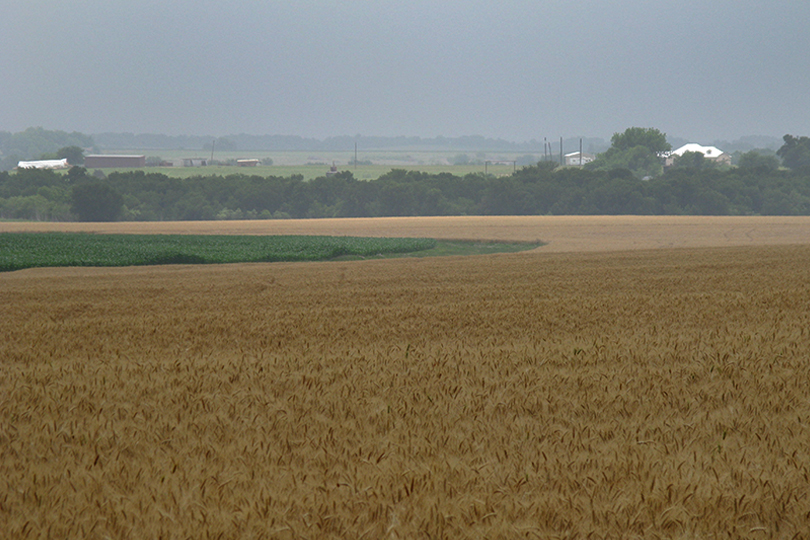By Jennifer Dorsett
Field Editor
The U.S. Department of Agriculture (USDA) recently published a final rule that it will use in determining what it considers highly erodible land or wetlands.
The final rule follows a focused effort by USDA’s Natural Resources Conservation Service (NRCS) to improve consistency and the use of science in making determinations, according to NRCS Acting Chief Kevin Norton.
“Feedback is a very important resource, and we appreciate all of those who help us improve how determinations are made,” Norton said. “Highly erodible land and wetland determinations are the gateway to USDA programs, and we strive to provide the highest quality technical assistance to inform decision-making by farmers and ranchers.”
Conservation compliance with highly erodible and wetland provisions of the Farm Bill are required for farmers to be eligible for most USDA farm programs, noted Texas Farm Bureau (TFB) Associate Director of Commodity and Regulatory Activities Jay Bragg.
“Anyone who is found to be out of compliance with conservation provisions could lose access to farm bill support programs and be forced to pay back benefits from prior years,” Bragg said. “Recent non-compliance determinations in Michigan, Indiana, Illinois, and Virginia have brought to light concerns with the decision-making process and the lack of a true system of appeals.”
While many looked forward to modernized regulations surrounding the issue, American Farm Bureau Federation (AFBF) President Zippy Duvall said the ruling is not enough.
AFBF submitted comments to NRCS last February stating that farmers and ranchers were not provided the opportunity for “meaningful involvement” in the wetland determination process and that their legal right to appeal a decision was being limited.
“After decades without a finalized rule in this area, we finally have one, but unfortunately it falls short,” Duvall said. “We will continue to examine this rule and our options to address its shortcomings.”
Bragg said although other state Farm Bureaus have reported tension and repeated issues with their state NRCS’s wetland determinations, Texas farmers and ranchers have not faced many significant issues in that area or with highly erodible land determinations.
“We’re lucky in Texas to have a good working relationship with USDA, NRCS and the Farm Service Agency,” Bragg said. “We have very good leadership at the state level within these agencies. Fortunately, our members haven’t had many major issues throughout the years when NRCS was determining highly erodible land or wetlands, but we’re always alert to any overreach and ready to help our members if necessary.”
For stories from other states regarding instances of unfair conservation compliance enforcement, click here.

